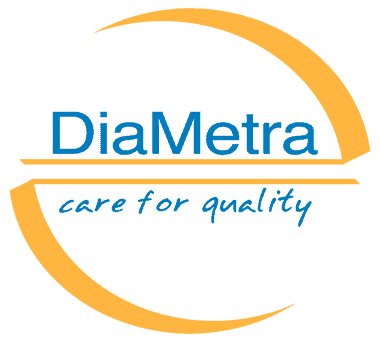The thyroid hormone, thyroxine (T4) is produced by the thyroid gland. An important component in the synthesis is iodine. The major form of thyroid hormone in the blood is thyroxine (T4). Thyroxine is converted to the active T3 (three to four times more potent than T4) within cells by deiodinases (5′-iodinase).
Thyroxine-binding globulin (TGB) is the major carrier protein for circulating thyroid hormone. Only a very small fraction of the circulating hormone is free (unbound) – T4 0.03%. When thyroid hormone is bound, it is not active, so the amount of FT3/FT4 is what is important. For this reason, measuring total thyroxine in the blood can be misleading. The concentration of free thyroid hormones in the blood is regulated by a negative feedback mechanism involving TSH. The binding of T4 by TBG plays a key role in this feedback mechanism and the most significant changes that occur in T4 binding capacity are the result of alterations in TBG.
Changes in the circulating levels of TBG will result in a proportional increase or decrease in the concentration of total T4. However, measurement of serum FT4 is unaffected by changes in T4 protein binding levels and therefore correlates well with the functional thyroid state in most individuals. Factors responsible for discrepancies between serum total T4 levels and true thyroid states include TBG concentration, estrogenic hormones (pregnancy, oral contraceptives and estrogen) and drugs that bind to TBG preventing its binding to FT4.
The thyronines act on the body to increase the basal metabolic rate, affect protein synthesis and increase the body’s sensitivity to catecholamines (such as adrenaline) by permissiveness. The thyroid hormones are essential to proper development and differentiation of all cells of the human body. These hormones also regulate protein, fat and carbohydrate metabolism, affecting how human cells use energetic compounds. Numerous physiological and pathological stimuli influence thyroid hormone synthesis.
Thyrotoxicosis or hyperthyroidism is the clinical syndrome caused by an excess of circulating free thyroxine, free triiodothyronine, or both. Both T3 and T4 are used to treat thyroid hormone deficiency (hypothyroidism).

